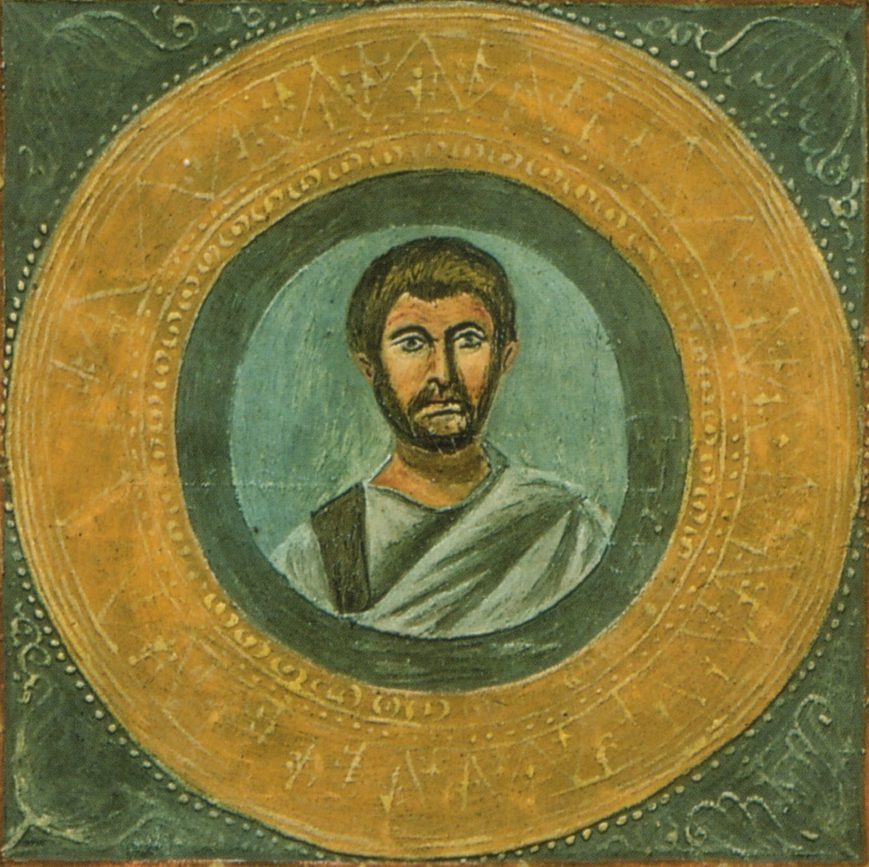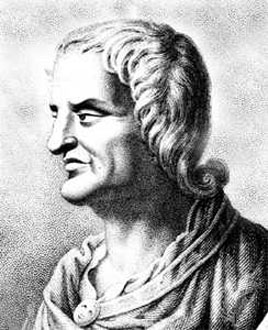CORRUPTION
“Corruption” is defined as “the act of corrupting or the
state of being corrupt”. In philosophy it refers to moral decadence and
character contamination, while in economics it refers to unlawful practices
carried out by people in authority, usually for selfish gains. It’s derived
from the Latin word “Corruptus”, past
participle of “Corrumpere” which
means “to abuse or destroy”.
Corruption can be political, economic or spiritual. In all
cases, a corrupt individual foregoes all ethics and morals to obtain undeserved
gains – may it be influential, monetary or in kind. The individual resorts to
any and all kinds of measures to ensure maximum gain, regardless of how much
harm it causes to society.
Corruption is rampant in every part of the world. No country
is immune to it. Hence there is only relative corruption. There appears to be a
strong correlation of corruption development in a country. Most developed
countries have less corruption, in relation to less developed countries – which
usually top the list of most corrupt countries. Some of these countries are
also lawless states and active warzones.
Corruption is not a recent phenomenon. It has existed since
the dawn of Man, and through the ages countless measures and revolutions took
place to combat corruption. Fall of Empires, French Revolution in France,
Jasmine Revolution in Egypt (and elsewhere in North Africa) to movements
initiated by Anna Hazare in India. All took place to combat the scourge of rampant
Kleptocracy, Embezzlement, Nepotism, Extortion, Human Trafficking, Drug
Trafficking, Bribery, Money Laundering etc.
“Rule of Law” is usually the first casualty in the rise of
corruption so as to facilitate corruption, people in authority, enforce restrictions
on rights and freedoms to retain power over the public; whereby any actions taken
by the public to question and investigate allegations of corruption are met
with intimidation or death. Also with the loss of Lawful Governance; the police
force, who are supposed to uphold the law, weaken and become tools that power this
machine of rot and decay, spreading like gangrene into every part of
society, permeating on all levels. The temptation of power and wealth can be
summed up in the quote:
“Power tends to corrupt, and absolute power corrupts absolutely. Great
men are almost always bad men.” - John Emerich Edward Dalberg-Acton,
1st Baron Acton.
The empowering of legal watchdogs and mandatory enforcements
of the Law is paramount to ensure Rule of Law and restricting corruption. But
that is easier said than done, and not always useful, as pointed out by Publius
Terentius Afer (195/185–159 BC), better known in English as Terence; A Roman Playwright of Libyan descent:
“Corruptisima re publica plurimae leges” translated as “In the most corrupt state are the most laws”
Two thousand years
ago, Juvenal, the satirist of the corrupt Roman legal system asked, “Quis
ustodiet ipsos custodies?” translated as "who will watch the watchers?" This question is
timeless. It is not just that power corrupts. Corrupt people seek power and
absolutely corrupt people seek absolute power... Nothing has changed much since
then, and by the looks of things; they never will.



Very informative and well presented article. An interesting one to read about, the history and quotes are intriguing and compels me to read more about it. You've covered the history as well as the present scenario of corruption cleverly. Your article reflects your acumen on history and Latin. Keep up the good work. :)
ReplyDelete